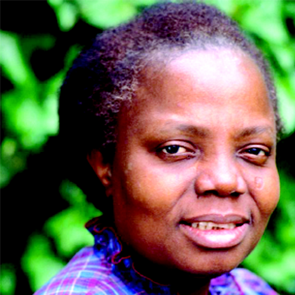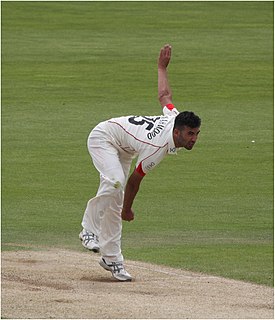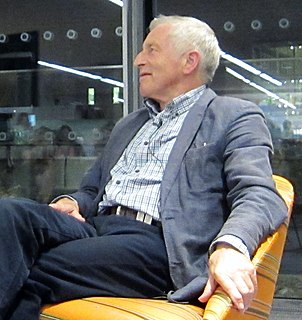A Quote by Terence Trent D'Arby
When I lived in England my perception of what people thought of me was largely formed by the media.
Related Quotes
I'm sure that growing up in the Midwest played a role in my chronic escapism. In fact, before I lived in France, I lived in Japan, England, and Bulgaria. I was determined to experience other places and cultures, particularly because I had the perception that I'd been cut off from these experiences as a child.
Perception without the word, which is without thought, is one of the strangest phenomena. Then the perception is much more acute, not only with the brain, but also with all the senses. Such perception is not the fragmentary perception of the intellect nor the affair of the emotions. It can be called a total perception, and it is part of meditation.
The media in the States can be quite self-reflective. When I lived in England, I was much more aware of the day-to-day politics that were happening. Living somewhere where the media involvement is greater and so omnipresent, you become pulled into it and, at the same time, because of that, politics changes and the way it's handled changes.
People tend to assess the relative importance of issues by the ease with which they are retrieved from memory—and this is largely determined by the extent of coverage in the media. Frequently mentioned topics populate the mind even as others slip away from awareness. In turn, what the media choose to report corresponds to their view of what is currently on the public’s mind. It is no accident that authoritarian regimes exert substantial pressure on independent media. Because public interest is most easily aroused by dramatic events and by celebrities, media feeding frenzies are common




































